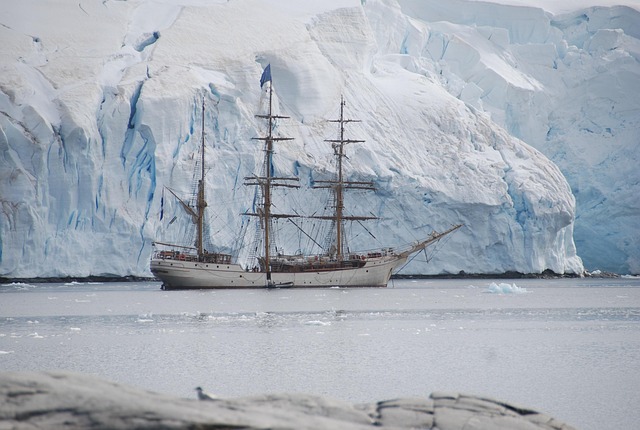The world’s glaciers and polar ice are melting at an alarming rate, a stark reminder of the urgent issue of climate change. Polar ice melting is not merely a scientific phenomenon; it is a significant environmental crisis affecting millions around the globe. The Arctic and Antarctic regions, once considered the planet’s last pristine wilderness, are now witnessing unprecedented transformations that present dire warnings for the future of our environment.
As ice caps recede, they expose dark ocean waters that absorb more sunlight, leading to an accelerated warming effect known as the albedo effect. This creates a vicious cycle where higher temperatures lead to further ice melt, contributing to rising sea levels and threatening coastal communities worldwide. Imagine the devastating impact on cities like Miami or New Orleans, where homes are already feeling the brunt of encroaching waters. This is a reality that could soon become commonplace if we do not take immediate action against climate change.
The effects of polar ice melting extend beyond mere geography; they threaten entire ecosystems. Polar bears, seals, and other wildlife that depend on ice-covered regions for survival are facing existential threats. As their habitats disappear, the delicate balance of these ecosystems is disrupted, leading to a cascade of consequences that could ultimately redefine life on Earth as we know it. We are witnessing a tragic loss of biodiversity in real-time, with species vanishing at an alarming rate.
Moreover, the repercussions of polar ice melting ripple throughout our global climate systems. The influx of freshwater from melting ice sheets alters ocean currents, which play a critical role in regulating weather patterns around the world. Areas previously known for their temperate climates may face severe weather extremes, creating fertile ground for natural disasters like hurricanes, floods, and droughts. The threat is real and immediate, impacting agriculture, water supply, and food security.
We must not underestimate the power of our actions—or inactions—when it comes to combating climate change. Every individual can contribute to the fight against environmental degradation. Simple changes in our daily lives, such as reducing waste, using sustainable energy sources, and advocating for policies that protect our planet, are crucial steps that add up. We have the power to influence the future, to safeguard the world for generations to come.
As we navigate this crisis, let us remind ourselves of the interconnectedness of life on Earth. The polar ice melting serves as a tragic wake-up call, urging us to act now before it is too late. The urgency is not merely about saving the ice; it is about preserving the very foundations of our world—the environment and climate that sustain us all.




